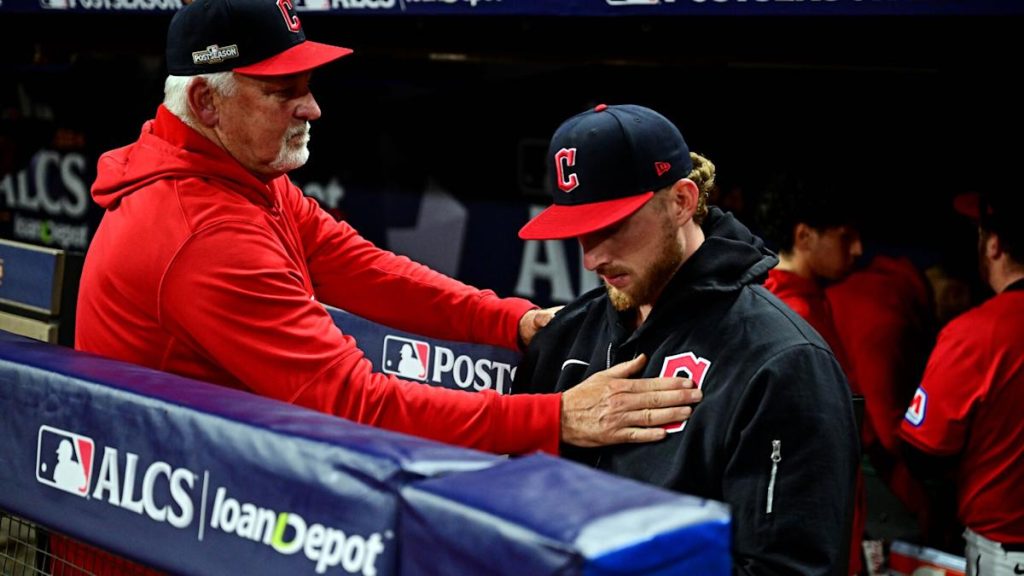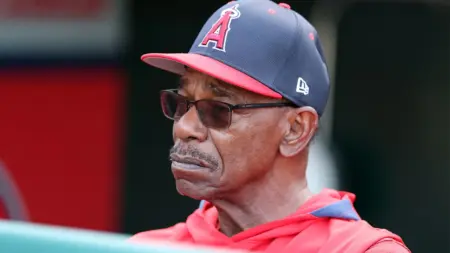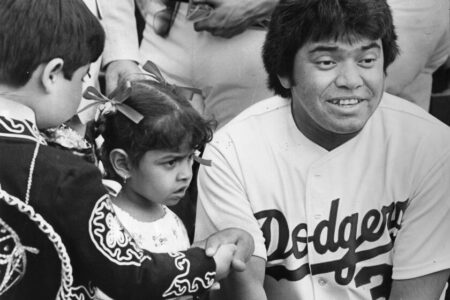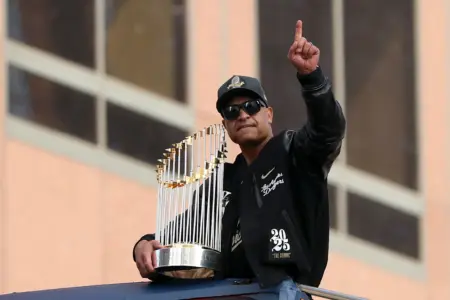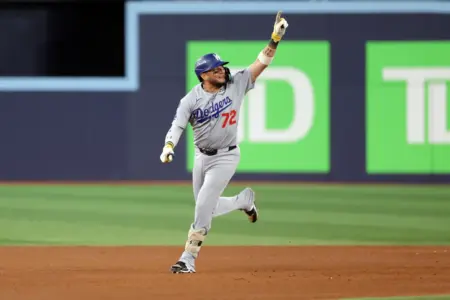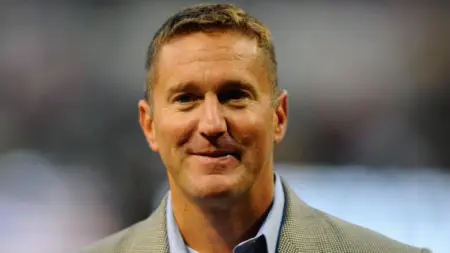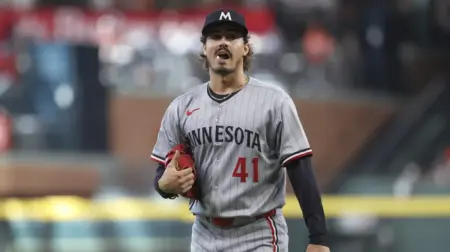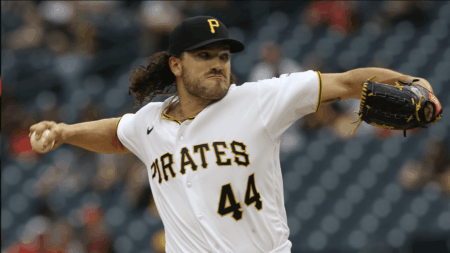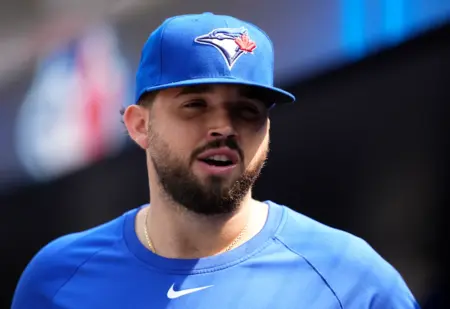Shane Bieber’s Spring Training Companion: Carl Willis
On a breezy March afternoon in Goodyear, Arizona, Shane Bieber, the star pitcher of the Cleveland Guardians, was in full swing during his spring training bullpen session. fastball after fastball peppered the catcher’s mitt, each one commanding attention. But Bieber’s focus wasn’t just on the pitches; it was also on a man standing behind the mound—Carl Willis, his pitching coach. Every few pitches, Bieber would walk behind the mound, huddle with Willis, and review a tablet brimming with data. This data-driven approach is a stark contrast to the old-school methods Willis started with, but it’s a testament to his adaptability and dedication to the game.
Carl Willis: A Veteran in the Game
Carl Willis has been in baseball for a long time. This year marks his 42nd spring training. He spent nine years as a reliever for several teams, including the Detroit Tigers, Cincinnati Reds, Chicago White Sox, and Minnesota Twins. After retiring in 1997, he transitioned to coaching at the minor league level. In 2003, he began his MLB coaching career with the Cleveland Indians, and since then, he has coached for the Mariners, Red Sox, and Guardians, mentoring five Cy Young Award winners. CC Sabathia, now in the Baseball Hall of Fame, credits Willis for teaching him everything from pitch mentality to delivery. With such a storied career, Willis brings a wealth of experience and wisdom to the Guardians’ pitching staff.
A New Challenge for 2025
As the Guardians head into the 2025 season, Willis faces a significant challenge. Shane Bieber, the team’s ace, is out until at least the All-Star break due to Tommy John surgery. This leaves the rotation with a young and relatively inexperienced group. The team’s rotation will feature only one player over 27 (Ben Lively) and one pitcher with over two years of MLB service time (Triston McKenzie). However, Willis is not fazed by this. He believes in adapting his coaching to the strengths of his pitchers and building a complete arsenal for each one. "Our philosophy is dictated by the pitchers we’re working with and what their strengths are," Willis explained. "But you’re also looking for an arsenal. It’s tough for a guy to be able to go out and have long-term success relying on one pitch."
Embracing Technology and Old-School Wisdom
The game of baseball has evolved significantly since Willis started coaching. Today, MLB organizations are equipped with wearable workload monitors and advanced technology like Trackman, which tracks baseballs during bullpens to provide detailed data on spin, velocity, and more. Pitchers not only work with their coaches but also utilize training labs like Driveline or Tread to develop and refine pitches. Willis has embraced these changes, recognizing their value in performance analysis. "I’m more on the old school side of things," he admitted, "but I have tried to stay abreast and up to speed with the new technology. How I view it is that it helps me put a plan together. I have tremendous support here, and I let guys who are stronger in those areas take the lead."
The Art of Pitching
While technology provides valuable data, Willis emphasizes the importance of the pitcher’s feel and the art of pitching. "How did it feel? Is it repeatable? Is it sustainable?" he asks. "At the end of the day, this is telling us the profile of the pitch, what it’s doing, and how we think we can use it." The idea of attacking the four quadrants of the strike zone remains a foundational principle. Pitchers must be able to throw fastballs to different quadrants, change speeds, and alter eye levels to keep hitters guessing. "I sometimes feel like that’s getting lost," Willis noted. "Pitching is not just ripping your best stuff all the time; there’s an art to it."
Building a Well-Rounded Pitching Staff
The Guardians are committed to building a pitching staff that can do multiple things with the baseball and command those pitches effectively. This philosophy led them to sign Luis L. Ortiz and Slade Cecconi in the off-season. Ortiz, who enjoyed a breakout season in 2024 with a 3.32 ERA, is working on refining his cutter and slider. Willis is focusing on making these pitches more consistent and effective. For Cecconi, the team is looking at his foundation, working on his lower-half mechanics to improve pitch consistency and shape. "We’re seeing the right progress," Willis said. "We feel like he could throw his curve more than he threw it last year, creating a different profile and separation."
In conclusion, Carl Willis’s ability to blend old-school wisdom with modern technology is a significant asset for the Guardians. His adaptability and focus on building complete arsenals for his pitchers position the team well for the 2025 season and beyond. The young and talented pitching staff, under Willis’s guidance, has the potential to make things very difficult for hitters, ensuring the Guardians remain competitive in a highly competitive league.

